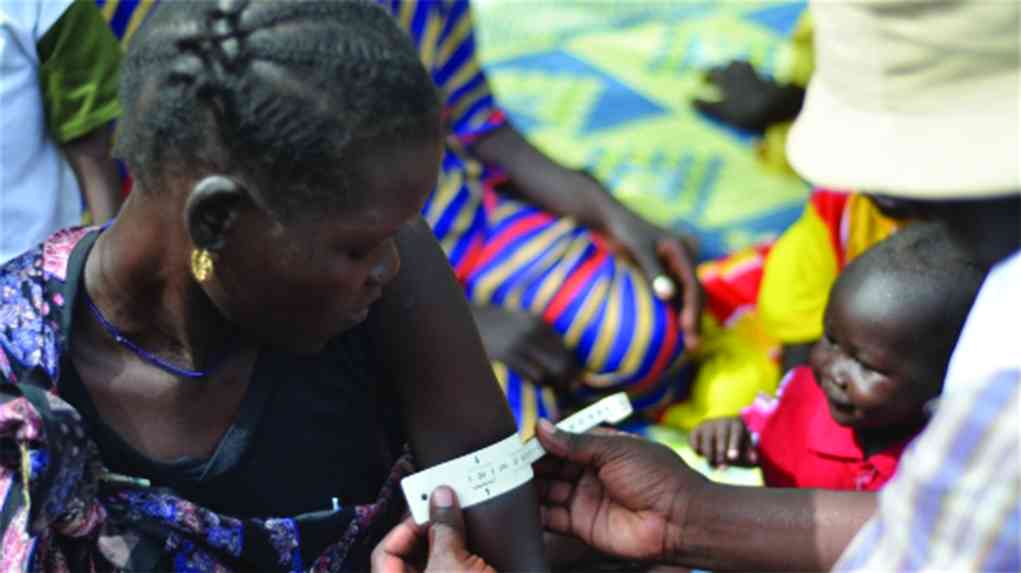
ZIMBABWE’S humanitarian situation remains complex due to a toxic combination of economic instability and El Niño-induced drought, with malnutrition cases on the rise, a United Nations agency has said.
Zimbabwe is grappling with the effects of climate change which has left over five million citizens in urgent need of food aid.
President Emmerson Mnangagwa has declared the drought a state of national disaster and appealed for US$3 billion in humanitarian assistance.
The United Nations issued a flash appeal for US$429,3 targeting an estimated 3,1 million people to complement government’s appeal.
In a latest humanitarian situation report, Unicef said the drought crisis was exacerbating the ongoing polio and cholera outbreaks.
“Zimbabwe’s humanitarian context remains complex; with a combination of overlapping factors such as the impacts of the climate driven El Niño-induced drought, economic instability and ongoing public health emergencies, including cholera and polio outbreaks,” the report read.
“Due to the El Niño-induced drought, a total of 7,6 million people including 3,5 million children urgently need life-saving and life-sustaining humanitarian assistance and protection support, as well as livelihood support, to recover from their losses, rebuild resilience and access to basic services.”
Unicef said the El Niño-induced drought emergency was expected to worsen later in 2024, leading to an increase in cases of moderate and life-threatening severe malnutrition.
The report said household food insecurity increased from 29 to 35% with child wasting increasing from 3 to 5,6% in 2023 to 2024.
“As of May 31, 2024, a total of 983 560 children aged 6 to 59 months were screened for wasting and 4 721 found to be malnourished were treated.
“Unicef’s school feeding programme reached 36 724 children (18 663 girls and 18 061 boys), during the first term of the school year.
The report adds: “In May, 13 402 families were provided with emergency social cash transfers improving their food security situation, strengthening their resilience and preventing beneficiaries from adopting negative coping strategies.”








